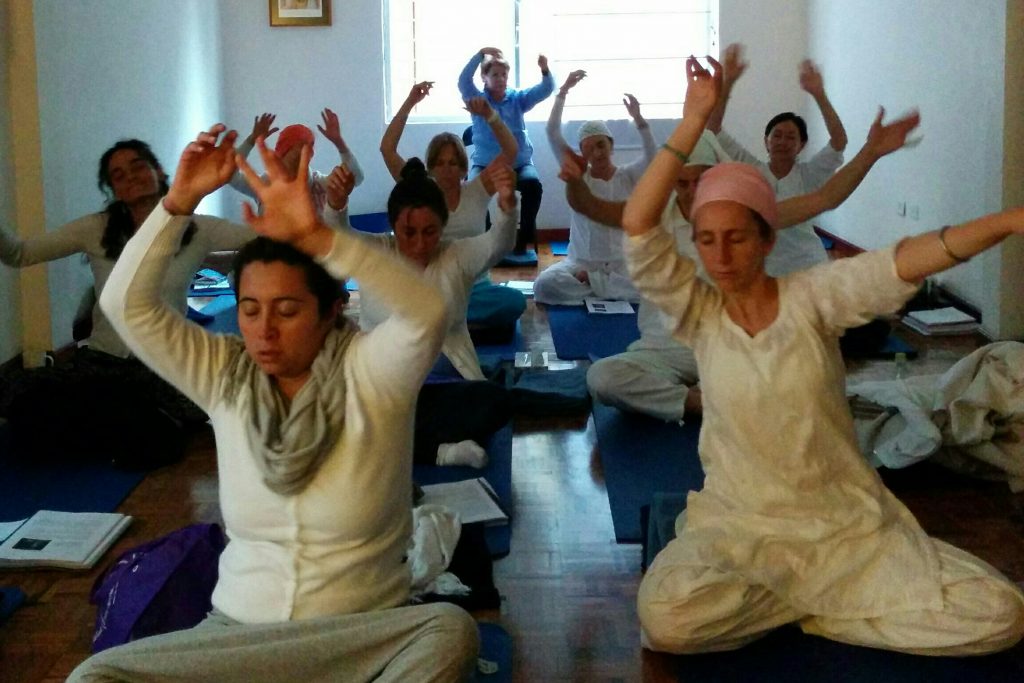The journey through breast cancer can be dramatically altered by how a woman interprets the experience. When the focus is on searching for positive opportunities, embracing change, and accepting growth, many women have described their experience as a gift.
One study examined the effects of a cognitive-behavioral stress management group intervention on serum cortisol levels in women being treated for stage I or II breast cancer. Women were taught to examine the positive benefits breast cancer had made on their lives, and to reframe their experiences in this light. The participants who showed increased benefit finding had reduced serum cortisol levels, whereas control subjects did not. These findings suggest that positive interpretations of the breast cancer experience can influence physiological parameters such as cortisol among women with early stage breast cancer.
A cancer diagnosis leads to increased psychological and emotional distress. However, in the aftermath of a traumatic event, such as being diagnosed with breast cancer, an individual may also experience beneficial changes in life perspective, relationships with others, and more. These changes are collectively known as posttraumatic growth. There was a significant correlation between posttraumatic growth and a diurnal cortisol slope. This indicates a link between positive psychological changes and healthier endocrine functioning in cancer patients, resulting in more normal (i.e., steeper) diurnal cortisol patterns.
Stress-related psychosocial factors are associated with higher incidence, poorer survival and increased mortality in cancer patients. DNA damage is increased by exposure to stress and stress hormones (cortisol, catecholamines).
Psychological factors may influence survival in breast cancer patients. In patients with curable breast cancer, depression predicted mortality. There was a 2-2.5-fold increase in breast cancer-specific and all-cause mortality in patients with stage I and II disease. Depressed younger patients diagnosed at age 45 showed a ninefold increase in all-cause mortality and depressed patients at 57 a 3.7-fold increase, while no association was evident in older patients at age 69. Depression is strongly associated with mortality in younger patients with early stage breast cancer.




